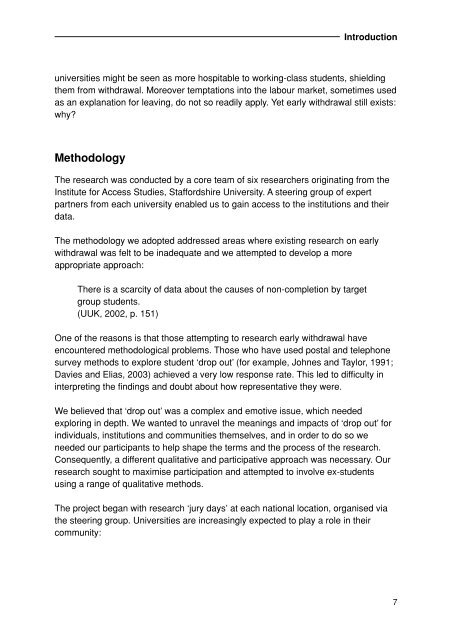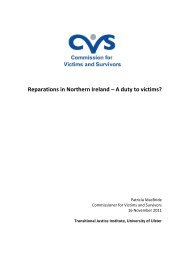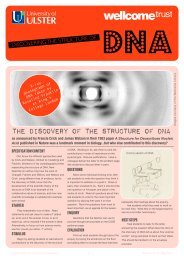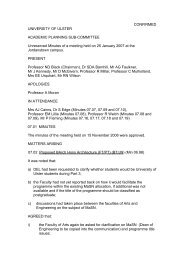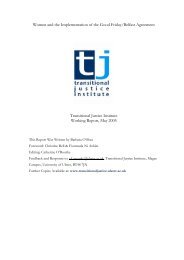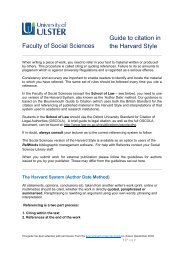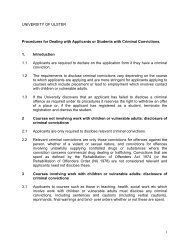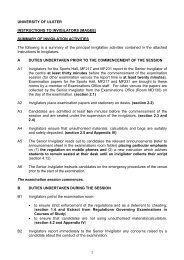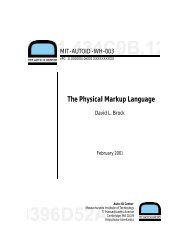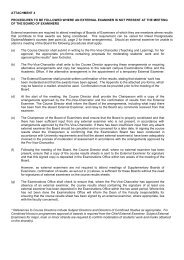From life crisis to lifelong learning: Rethinking working-class 'drop out'
From life crisis to lifelong learning: Rethinking working-class 'drop out'
From life crisis to lifelong learning: Rethinking working-class 'drop out'
You also want an ePaper? Increase the reach of your titles
YUMPU automatically turns print PDFs into web optimized ePapers that Google loves.
Introduction<br />
universities might be seen as more hospitable <strong>to</strong> <strong>working</strong>-<strong>class</strong> students, shielding<br />
them from withdrawal. Moreover temptations in<strong>to</strong> the labour market, sometimes used<br />
as an explanation for leaving, do not so readily apply. Yet early withdrawal still exists:<br />
why?<br />
Methodology<br />
The research was conducted by a core team of six researchers originating from the<br />
Institute for Access Studies, Staffordshire University. A steering group of expert<br />
partners from each university enabled us <strong>to</strong> gain access <strong>to</strong> the institutions and their<br />
data.<br />
The methodology we adopted addressed areas where existing research on early<br />
withdrawal was felt <strong>to</strong> be inadequate and we attempted <strong>to</strong> develop a more<br />
appropriate approach:<br />
There is a scarcity of data about the causes of non-completion by target<br />
group students.<br />
(UUK, 2002, p. 151)<br />
One of the reasons is that those attempting <strong>to</strong> research early withdrawal have<br />
encountered methodological problems. Those who have used postal and telephone<br />
survey methods <strong>to</strong> explore student ‘drop out’ (for example, Johnes and Taylor, 1991;<br />
Davies and Elias, 2003) achieved a very low response rate. This led <strong>to</strong> difficulty in<br />
interpreting the findings and doubt about how representative they were.<br />
We believed that ‘drop out’ was a complex and emotive issue, which needed<br />
exploring in depth. We wanted <strong>to</strong> unravel the meanings and impacts of ‘drop out’ for<br />
individuals, institutions and communities themselves, and in order <strong>to</strong> do so we<br />
needed our participants <strong>to</strong> help shape the terms and the process of the research.<br />
Consequently, a different qualitative and participative approach was necessary. Our<br />
research sought <strong>to</strong> maximise participation and attempted <strong>to</strong> involve ex-students<br />
using a range of qualitative methods.<br />
The project began with research ‘jury days’ at each national location, organised via<br />
the steering group. Universities are increasingly expected <strong>to</strong> play a role in their<br />
community:<br />
7


